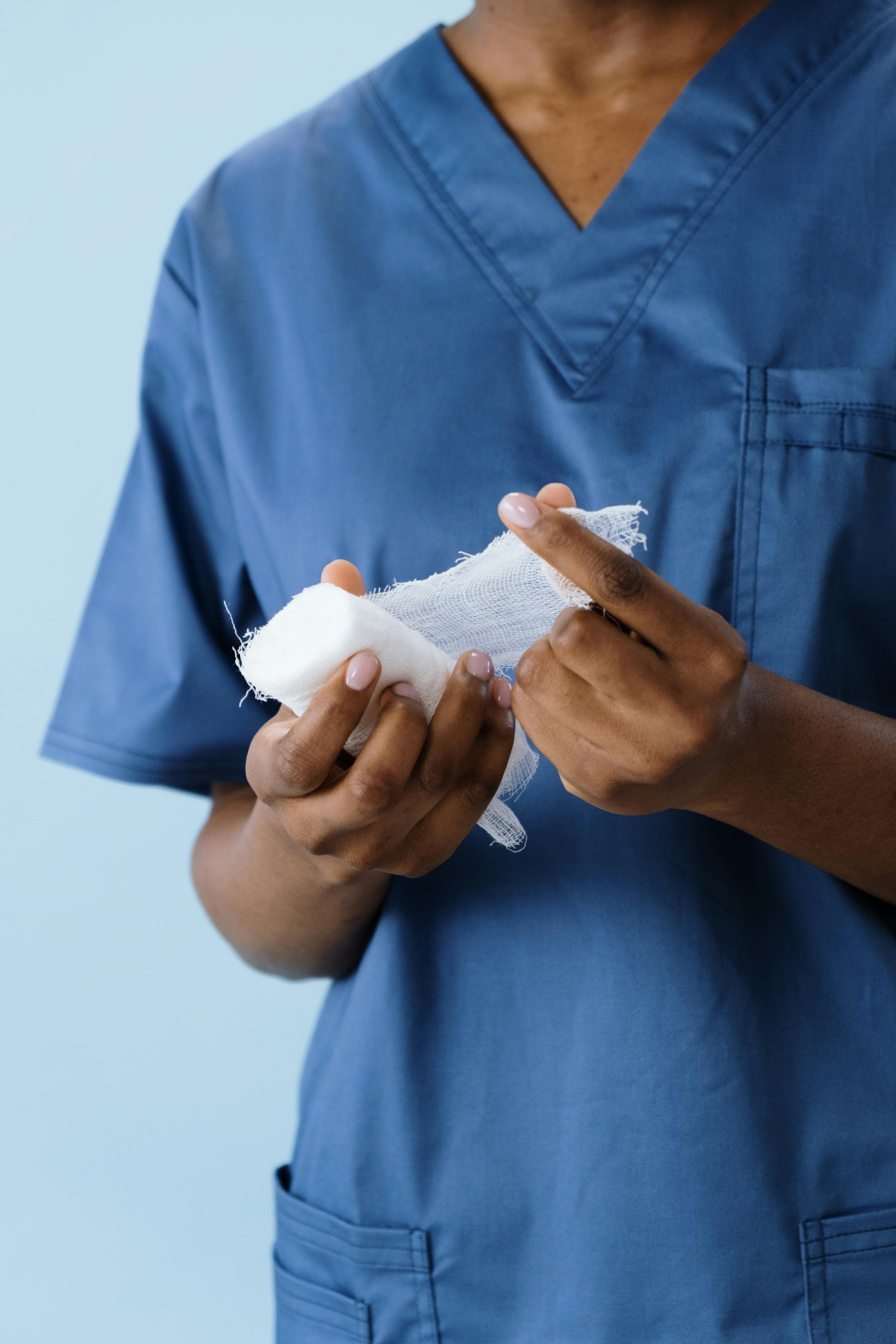How to Effectively Stop Puppies from Biting: Practical Solutions for 2025
Bringing a new puppy into your home is a joyous occasion, but it also comes with its challenges, one of which is puppy biting. Understanding how to stop puppies from biting is crucial for both the comfort of your family and the well-being of your furry companion. Puppies naturally explore the world with their mouths, which can lead to unwanted nipping and biting behaviors. Therefore, implementing effective techniques for puppy biting prevention is essential.
This comprehensive guide will delve into practical solutions for training puppies not to bite, focusing on positive reinforcement and social interactions. We will cover the importance of choosing appropriate chew toys, correcting biting behaviors, and developing gentle play habits. By understanding puppy behavior training, you can not only reduce biting but also foster a well-adjusted pet.
In this article, we’ll explore various strategies including bite control techniques, managing puppy energy, and the significance of socializing your puppy. You'll learn about engaging activities that can prevent biting, and how to encourage gentle play. The key takeaway will be to teach puppies bite inhibition and develop healthy interaction patterns right from the start.
Essential Tips for Correcting Puppy Biting Behavior
Addressing biting issues in puppies at an early stage is vital. The foundational step is understanding why puppies bite. Their natural instincts drive them to explore their environment, and unfortunately, this can result in painful bites during play. Here are some effective techniques:
Understanding Puppy Behavior and Play
To correct puppy biting, it's essential to first recognize the context in which biting occurs. Puppies often engage in play biting or nipping when they are excited or overstimulated. These behaviors are normal but should be redirected. Learning to differentiate between playful mouthing and aggressive biting can help you respond appropriately, adjusting your training methods based on the situation.
Redirecting Puppy Biting with Engaging Activities
One effective way to manage puppy mouthing problems is to provide distractions with engaging toys. Using interactive toys for puppies or providing chew toys can channel their energy into something appropriate. Offering a variety of textures and sizes can keep your puppy interested and ultimately reduce biting behaviors.
Establishing Boundaries with Positive Reinforcement
Consistency is key in teaching puppies not to bite. Establish clear boundaries and utilize positive reinforcement for puppies. Whenever your puppy plays gently, reward them with treats or affection, reinforcing the desired behavior. This not only helps in addressing biting but strengthens the bond between you and your pet.
Correcting Unwanted Behavior with Gentle Handling
When a puppy bites too hard, it’s important to communicate that behavior isn't acceptable immediately. Use a firm but gentle tone and withdraw your attention. This teaches the puppy that biting leads to a loss of playtime, reinforcing the idea that their actions have consequences.
When to Seek Professional Help
If your puppy’s biting becomes excessive or aggressive, it may be time to seek professional advice. Puppy training classes provide structured environments for learning proper behavior and socialization. Enrolling in a class can offer invaluable tools for both owners and puppies, addressing common puppy challenges under guidance.
With these foundational techniques established, the next step is exploring how socializing puppies can further curb biting behaviors.
Socializing Puppies for Better Behavior
Socialization is a critical part of puppy behavior training. A well-socialized puppy is less likely to develop anxiety-driven behaviors, including biting. By introducing them to different environments, people, and other dogs, they learn appropriate social cues and how to interact without resorting to biting.
The Importance of Early Socialization
Starting socialization early is essential. During the critical development stage, usually between 3 to 14 weeks, puppies are most receptive to new experiences. Exposing them to various situations helps build confidence and reduces fear, which can be a trigger for biting.
Organizing Playdates to Enhance Social Skills
Arrange playdates with other well-mannered dogs. This not only teaches puppies the limitations of play but also allows them to practice . The interaction with different dogs provides them with real-life experience, aiding in their social skills development.
Managing Puppy Interactions with Other Pets
Monitor puppy interactions with other pets closely. Ensure positive interactions by observing their body language. Recognizing signs of discomfort or aggression can help in redirecting their play style before biting occurs.
Using Training Classes for Socialization
Puppy training classes also function as socialization opportunities. Here, your puppy interacts with other dogs and people under controlled circumstances. Expert trainers can help teach both you and your puppy how to behave appropriately, reducing the likelihood of biting.
With a solid foundation in socialization established, it’s crucial to transition towards understanding how to effectively manage puppy energy.
Managing Puppy Energy to Prevent Biting
Puppies are energetic creatures, and managing that energy is vital to avoiding biting incidents. Commonly, a bored or overstimulated puppy might resort to nipping as a way to express their pent-up energy. Implementing puppy exercising techniques can help mitigate this behavior.
Effective Exercise Routines for Puppies
Daily exercise is crucial. Engage your puppy in activities like short walks, fetch, or even agility training. These exercises not only expend energy but also help in developing a routine. Be sure to balance physical exertions with mental stimulation through training sessions—both are essential for a well-rounded puppy.
Recognizing Signs of a Bored Puppy
Understanding when your puppy is bored is key in preventing biting. Watch for behaviors such as excessive chewing or nipping at your clothes. Offering alternative activities at the hint of boredom can avert unwanted biting behavior.
Encouraging Calmness Through Training Techniques
Incorporating calming techniques for puppies into daily routines is beneficial. Training should not solely focus on preventing biting but also on teaching your puppy to relax. Techniques such as down-stays and settling exercises can instill calm behaviors.
As you manage their energy levels, it’s also important to explore distraction techniques to minimize biting incidents as your puppy continues to grow and play.
Distraction Techniques for Biting Puppies
Sometimes, a puppy bites simply out of curiosity or excitement. Implementing effective distraction techniques is essential for redirecting undesired behaviors toward more appropriate actions.
Engaging Activities and Games
Providing engaging activities can keep your puppy occupied and mitigate biting urges. Incorporate games like tug-of-war or puzzle toys that stimulate thought and focus. These activities serve as productive outlets for their energy.
Using Chew Toys for Training
Choosing the right chew toys for puppies is critical. Consider toys designed for teething, as they appeal to puppies’ natural urge to chew. Rotating the toys enhances interest and keeps them engaged. Avoid letting your puppy play with inappropriate items, as it transitions their chewing habit back to unwanted objects.
Teaching Bite Inhibition Through Play
Play is integral to teaching bite inhibition. Allow your puppy to play with your hands or clothes but react by stopping the play if biting occurs. This non-verbal communication signals to the puppy that biting inhibits playtime and encourages gentler interactions.
With the tools for distraction in place, let’s look toward effective training methods and behaviors to establish a well-rounded puppy.
Effective Training Methods for Puppies
Utilizing appropriate training methods will facilitate the development of a well-behaved puppy. Employing a combination of positive reinforcement and consistent rules leads to significant behavioral changes.
Implementing Obedience Training Techniques
Basic obedience commands are critical elements in correcting biting behaviors. Commands such as "sit," "stay," and "leave it" are important in providing structure and reducing impulsive behaviors. Repeat training sessions regularly to reinforce these commands in various environments.
Utilizing Consistent Puppy Training Techniques
Establish consistent rules across the household regarding puppy behavior. Consistency allows puppies to understand expectations, thereby diminishing confusion that may lead to biting. Ensure that all family members reinforce the same standards of behavior.
Rewarding Good Behavior
Immediate rewards for displaying good behavior is key. Positive reinforcement stimulates the desired actions, encouraging puppies to repeat their good behavior. Whether through treats, affection, or praise, immediate rewards create a pleasant association for the puppy.
Assessing Training Progress Milestones
Evaluating your puppy's progress and adjusting training techniques as needed is crucial in addressing biting effectively. Keep track of improvements and setbacks, allowing for fine-tuning of training approaches as your puppy develops.
Now that we have explored practical methods for facilitating appropriate play, let’s summarize the key points for effective puppy training and behavior management.
Frequently Asked Questions about Puppy Biting
What are the best ways to stop puppies from biting?
Implement positive reinforcement, redirect unwanted behaviors, and engage them in appropriate activities. Providing chew toys and establishing boundaries are also crucial strategies.
When should I seek professional help for my puppy's biting behavior?
If biting becomes aggressive or excessive, consider consulting with a professional trainer. Early intervention can prevent the development of more serious behavior problems.
How do I teach my puppy bite inhibition?
Teach bite inhibition by allowing play with your hands and withdrawing attention when biting occurs. Encourage gentler play and reward soft mouthing.
What are effective distractions for biting puppies?
Utilize engaging toys and games to redirect biting urges. Interactive play and puzzle toys can keep your puppy mentally stimulated and reduce unwanted behaviors.
What role does socialization play in puppy biting behavior?
Socializing your puppy helps them learn appropriate play behaviors with other dogs and people. Exposure to various environments builds confidence and reduces biting-induced anxiety.
Implementing these strategies not only aids in addressing biting but strengthens the bond you share with your puppy. Understanding and patience during this training phase are essential for long-term success. For further resources on puppy training, visit here or explore additional tips at this link.


